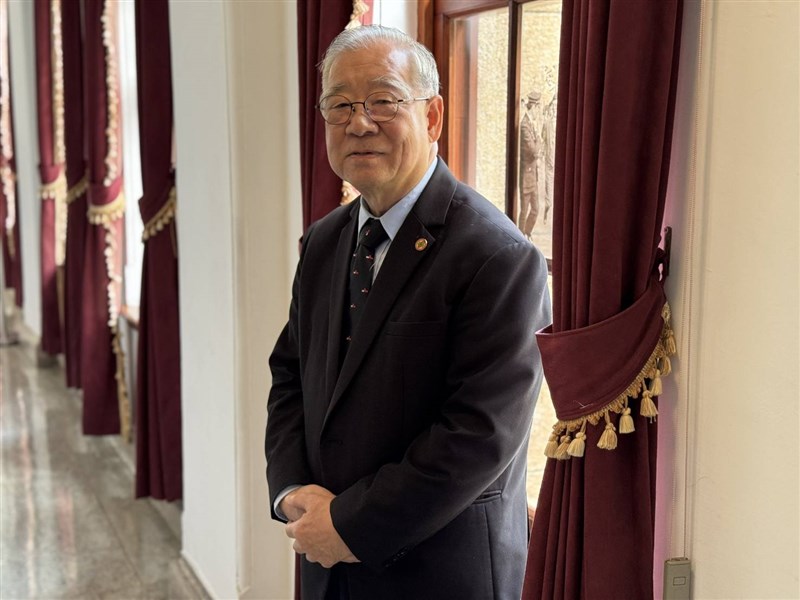FEATURE / Changes to annual Han Kuang defense drills cause mixed reactions
07/12/2024 05:04 PM
For 40 years, Taiwan's annual Han Kuang exercises have tested the nation's combat readiness in the face of a possible Chinese invasion.
(Full text of the story is now in CNA English news archive. To view the full story, you will need to be a subscribed member of the CNA archive. To subscribe, please read here.)
More in FEATURE
-
![To some, transitional justice has yet to expunge ghosts of 228 Incident]() To some, transitional justice has yet to expunge ghosts of 228 IncidentWhen Kenneth Wang (王文宏) recounted his father's suffering during the 228 Incident of 1947, he used humor to break up the difficult memories.02/28/2026 09:49 AM
To some, transitional justice has yet to expunge ghosts of 228 IncidentWhen Kenneth Wang (王文宏) recounted his father's suffering during the 228 Incident of 1947, he used humor to break up the difficult memories.02/28/2026 09:49 AM -
![Banana threat: Taiwan decodes secret to tackling banana killer TR4]() Banana threat: Taiwan decodes secret to tackling banana killer TR4When the banana-killing Panama disease was detected in September 2025 in Ecuador, the world's largest banana exporter, it sent chills through the global industry.02/20/2026 12:30 PM
Banana threat: Taiwan decodes secret to tackling banana killer TR4When the banana-killing Panama disease was detected in September 2025 in Ecuador, the world's largest banana exporter, it sent chills through the global industry.02/20/2026 12:30 PM -
![Beyond new clothes: Children in need get private LNY shopping session]() Beyond new clothes: Children in need get private LNY shopping sessionOutside the flagship store of Taiwanese apparel brand NET in downtown Taipei, a queue -- made up of children and their parents -- had formed well before regular opening hours, despite the chilly late-January morning.02/14/2026 04:03 PM
Beyond new clothes: Children in need get private LNY shopping sessionOutside the flagship store of Taiwanese apparel brand NET in downtown Taipei, a queue -- made up of children and their parents -- had formed well before regular opening hours, despite the chilly late-January morning.02/14/2026 04:03 PM
Latest
-
Society
Rain, cooler weather expected across Taiwan on Lantern Festival
03/02/2026 08:13 PM -
Society
Iran conflict to 'severely' delay Taiwan mail to 17 countries
03/02/2026 06:32 PM -
Cross-Strait
Iran could cloud Trump-Xi talks but unlikely to spark Taiwan war: Scholars
03/02/2026 06:13 PM -
Society
Iran-linked hostilities impact over 2,000 Taiwan travelers
03/02/2026 05:52 PM -
Society
Qingjing Farm to pay compensation for horse that mangled child's ear
03/02/2026 05:15 PM


